Russ Ewell | Blog
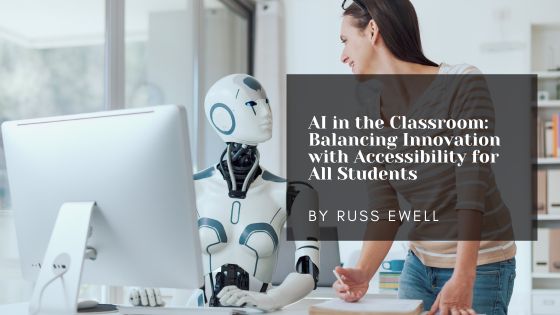
AI in the Classroom: Balancing Innovation with Accessibility for All Students
Artificial intelligence is reshaping education. From personalized learning platforms to automated grading systems, AI offers exciting possibilities for improving student outcomes and streamlining teacher workloads. But with these advancements comes a critical...
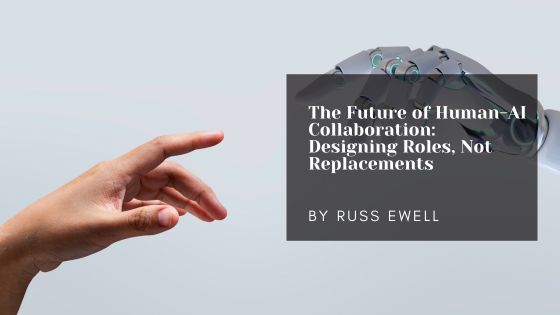
The Future of Human-AI Collaboration: Designing Roles, Not Replacements
As artificial intelligence continues to evolve at an unprecedented pace, many headlines focus on automation, job loss, and machines replacing people. But that narrative misses a more nuanced and hopeful reality: the future of AI is not about replacement, it’s about...
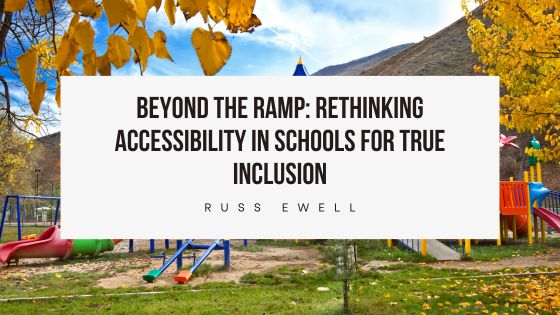
Beyond the Ramp: Rethinking Accessibility in Schools for True Inclusion
When we think of accessibility in schools, the conversation often begins—and ends—with physical access: ramps, elevators, and accessible bathrooms. While these features are essential, true inclusion goes far beyond infrastructure. To create genuinely accessible...
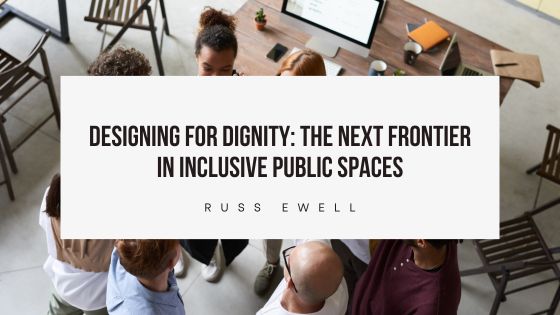
Designing for Dignity: The Next Frontier in Inclusive Public Spaces
In cities around the world, public spaces are where community life unfolds. Parks, plazas, libraries, transit stations, and sidewalks serve as daily touchpoints for millions. Yet for many people—especially those with disabilities, neurodivergence, or mobility...
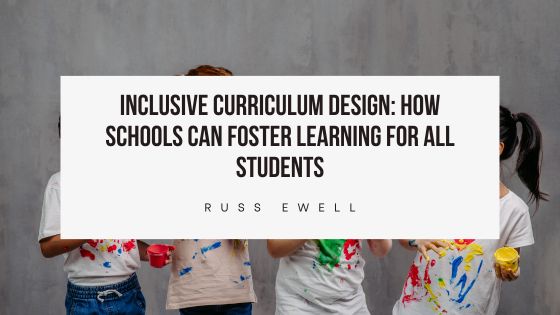
Inclusive Curriculum Design: How Schools Can Foster Learning for All Students
In today’s diverse classrooms, a one-size-fits-all approach to education is no longer effective. An inclusive curriculum ensures that all students, regardless of their backgrounds, abilities, or learning styles, have access to meaningful and engaging learning...
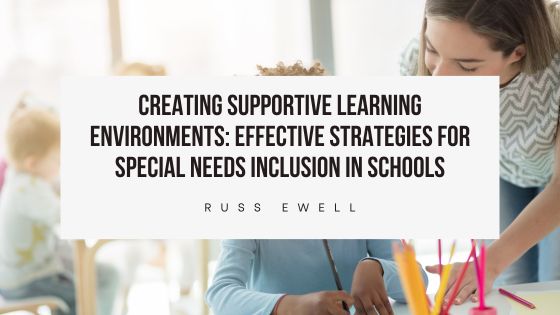
Creating Supportive Learning Environments: Effective Strategies for Special Needs Inclusion in Schools
Ensuring an inclusive and supportive learning environment for students with special needs is essential for their academic and personal development. Inclusion not only benefits students with disabilities but also fosters a culture of empathy, collaboration, and...

Breaking Barriers: How Schools Can Support Children with Mobility Challenges
Creating an inclusive learning environment is essential for fostering a sense of belonging and providing equitable opportunities for all students. For children with mobility challenges, schools play a pivotal role in breaking down barriers and ensuring access to...
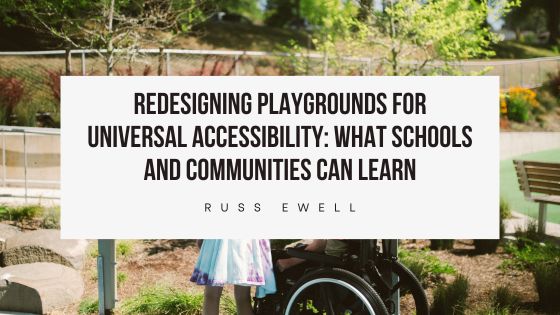
Redesigning Playgrounds for Universal Accessibility: What Schools and Communities Can Learn
Playgrounds are more than just spaces for fun; they are essential for children’s physical, social, and cognitive development. However, for many children with disabilities, traditional playgrounds can be inaccessible, leaving them unable to participate in the joy and...
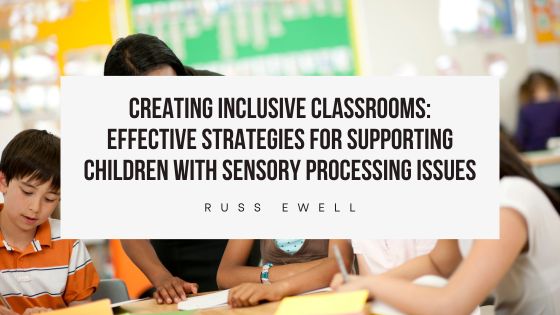
Creating Inclusive Classrooms: Effective Strategies for Supporting Children with Sensory Processing Issues
In an inclusive classroom, every child feels valued and supported, regardless of their learning needs. An inclusive environment can make a world of difference for children with sensory processing issues. Sensory processing issues affect how the brain interprets and...
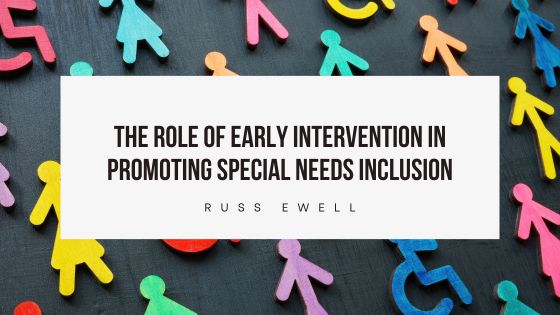
The Role of Early Intervention in Promoting Special Needs Inclusion
Early intervention is critical in promoting inclusion for children with special needs. By addressing developmental delays and disabilities at a young age, early intervention programs provide children with the tools to participate fully in educational, social, and...